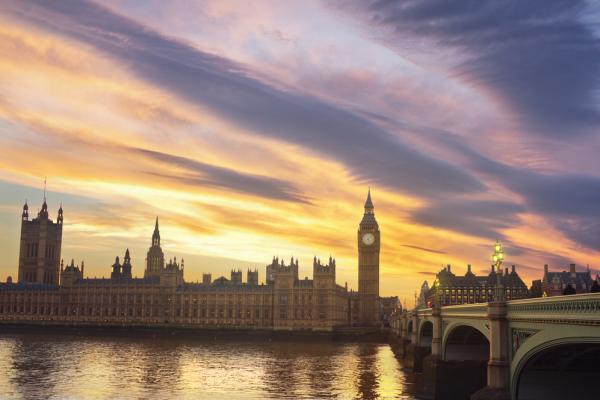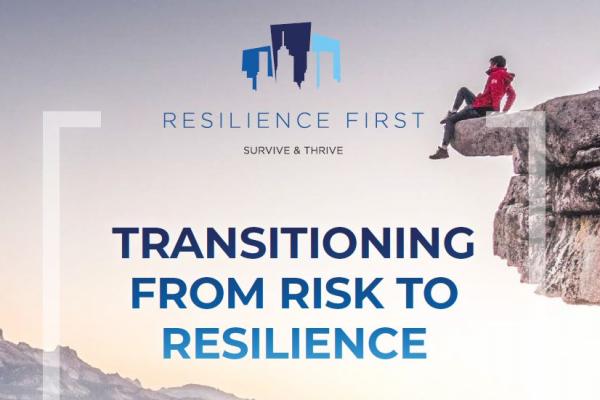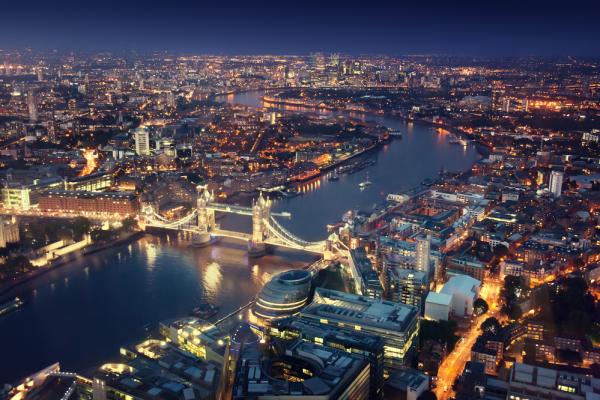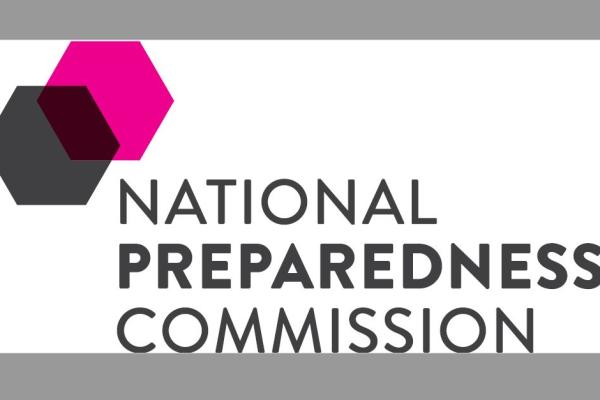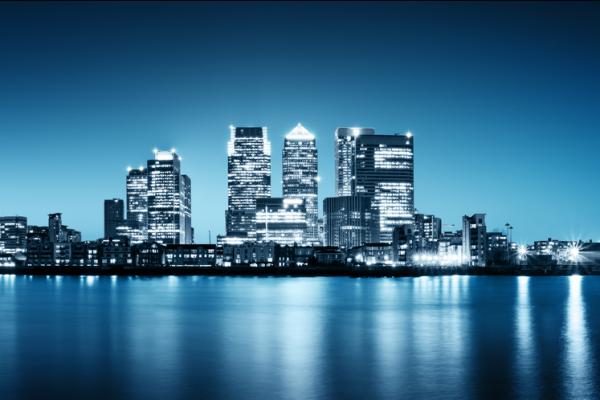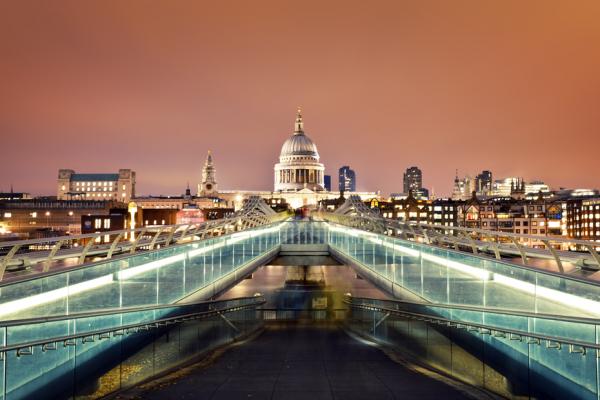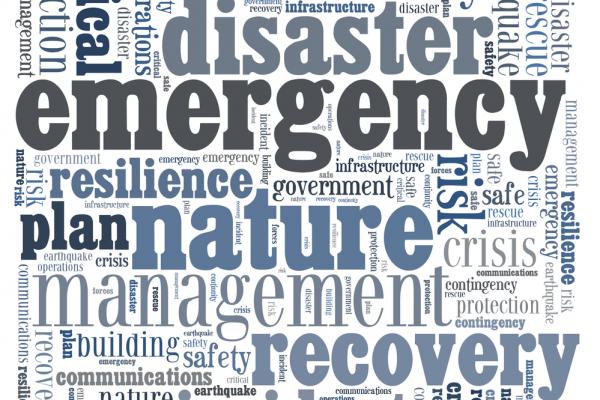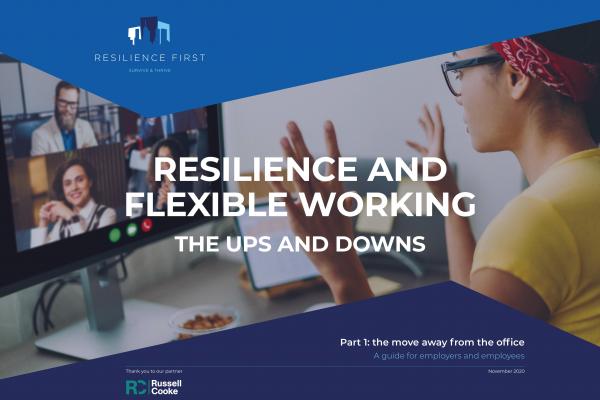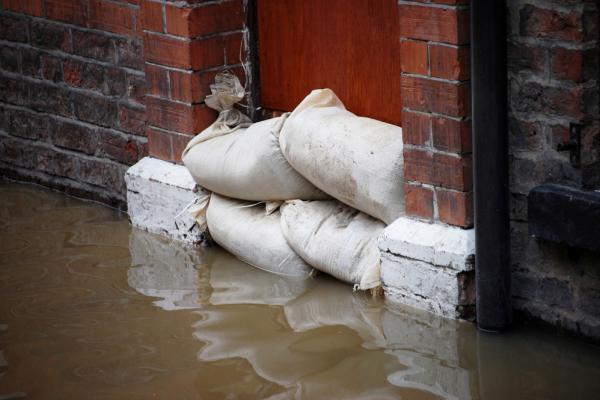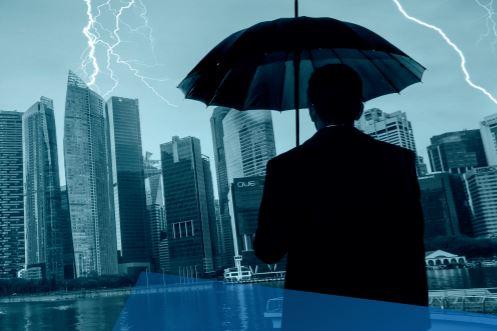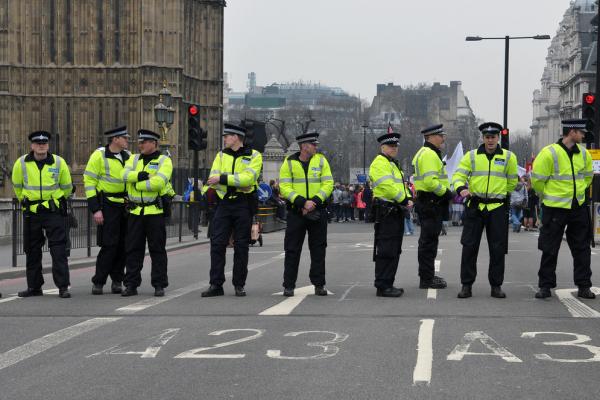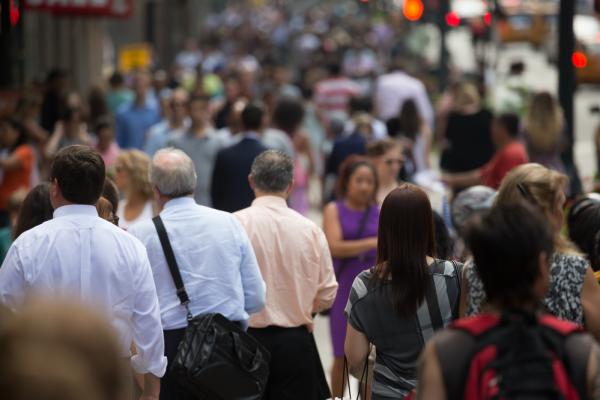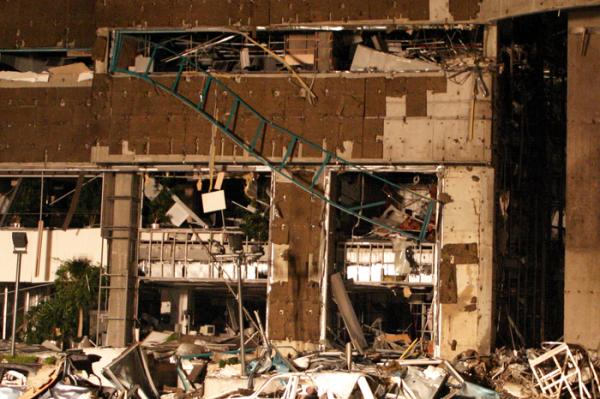London’s Green Recovery
The Deputy Mayor for Energy and Environment at the Greater London Authority offers through conversation a vision of London’s green recovery objectives.
A new vision of risk and resilience
Resilience First, working in partnership with Fusion Risk Management Inc., launches a whitepaper that offers solutions on how to transition from risk to resilience.
National Risk Register 2020 – a critique
The government has updated the National Risk Register 2017 with a new version that case studies the Covid-19 pandemic (to date).
The National Preparedness Commission
A new body is launched to help understand and apply preparedness measures in order to build national resilience.
Transitioning from risk to resilience
What is the difference between risk and resilience? What appears to be a simple question is anything but.
A new serving suggestion for 2021
Resilience First looks at why change presents many barriers to resilience but that they can be overcome with hope, trust and good leadership.
Empowerment – it does work
In the December edition of Professional Security magazine, Resilience First reviews the potency of empowerment in the work place.
Volunteering makes for resilient communities
A standing reservist system of volunteers would be invaluable when responding to major disasters but it needs to be planned for if national resilience is to be enhanced.
Resilience First’s Guide to Flexible Working (Part 1)
This new guide offers both employees and employers guidance on what to consider when planning working arrangements during the pandemic. The first of a two-part report looks at the pros and cons of home working.
Flood Action Week, 9-15 November
The Environment Agency is launching its annual campaign to alert people to the dangers of flooding at this time of year.
UK terrorism level increases to ‘Severe’
With recent international events, an elevation in the threat level is unsurprising but justifies reviewing preparedness.
The Skills Challenge
A recent webinar organised by Resilience First discussed the issues around skills resilience.
Whither the office?
In the November edition of Professional Security magazine, Resilience First takes a look at the nature of our new and flexible working arrangements.
Building a resilient state
A collection of essays curated by Reform brings together leading thinkers to explore different aspects of a resilient state in the light of Covid-19.
Secure supply chains are critical to ensure resilience
Roche has announced a problem with its supply chain for diagnostic tests. Resilience requires alternatives and back-ups in place as a matter of routine.
Can we expect social unrest on top of the pandemic?
In the October edition of Professional Security magazine, Resilience First reviews the notion of social disorder, a topic that was discussed by the government’s own Scientific Advisory Group for Emergencies (SAGE) in July.
Preparing to mitigate extremism and terrorism
There has been a marked shift in the level of the threat, particularly far-right extremism, in recent years. Top experts gave Resilience First their assessments of the trends, the reasons and some advice.
Avoiding the hard rain
With World Suicide Prevention Day on 10 September, it is appropriate to acknowledge the scale of a problem which blights so many people and those around them, and to consider the advice available.
Adapting to change
If you haven’t heard of the Choluteca Bridge then you are in the majority. But it is worth learning more as this bridge in Honduras is a symbol for what can happen if we are not prepared to adapt when the world around us changes in profound ways.
Accelerating Digitisation
In the September edition of Professional Security magazine, Resilience First describes the outputs from a series of webinars held in late July that looked at the technological responses to the Covid-19 pandemic.
The prospect of social unrest
The danger of civil unrest on the back of the Covid-19 pandemic cannot be discounted. A recent report by SAGE outlined some of the risks and challenges for the government, particularly the police. A survey by a student from UCL reinforces the concerns of some and lack of preparedness of others beyond the basic level. A historical perspective is also offered.
Changing behaviours following Covid-19
A recent academic paper sheds some light on changing lifestyles and attitudes towards climate action as a result of the pandemic.
Agile resilience: lessons from Covid-19
A report by McKinsey, in collaboration with members of Resilience First, looks at how companies can build on practices used to weather the Covid-19 crisis and embed them in normal operations to move to a more resilient model long-term.
Explosions – learning the lessons
The massive explosion in Beirut in August 2020 has some echoes of another large explosion in Buncefield in the UK in August 2015.

